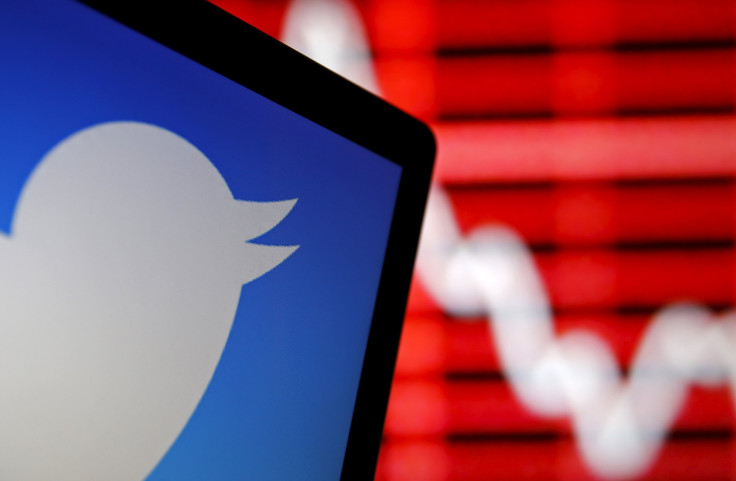Tech Diversity: Twitter Head Of Engineering Apologizes, Calls For Faster Progress On Diversity

SAN FRANCISCO -- Twitter's head of engineering apologized Thursday night for his department's slow movement on diversity, two days after a former African-American engineering manager spoke out on the matter and blamed lack of diversity in engineering for the company's slowing user growth.
Along with his apology, Alex Roetter, Twitter's senior vice president of engineering, announced a number of new practices Twitter will implement to more effectively move toward the inclusion and retention of women, Hispanics and African-Americans. "Twitter and our industry must make faster progress on the issue of diversity," Roetter said in a note published on Medium. "That requires people in leadership positions in technology to stand up, state it’s a problem, set ambitious goals, and invest in solutions that move us forward."
Earlier this week, Leslie Miley, who was the highest ranking underrepresented minority on Twitter's engineering team, wrote about his experience at Twitter and the opposition he faced in trying to bring diversity to the company. Though Miley did not name Roetter specifically in his post, the 16-year industry veteran alluded to his former boss and alleged actions by him that Miley asserted stifled diversity progress at the company. Miley left the company in October as part of the company’s round of layoffs.
Days before publication of the post, Miley spoke with International Business Times and said the lack of diversity on Twitter's engineering team was affecting the company's product and hurting user growth. “I love Twitter so much that I want to see it get better, and Twitter won't get better without diversity," Miley told IBT.
Miley told IBT he was happy that Roetter took the time to apologize. "It's so powerful he can recognize that his words and his actions had an effect of alienating and isolating people,” Miley said. “It's good he can recognize that and acknowledge it. That's really powerful.”
Additionally, Miley said that he has received an outpouring of support from his former colleagues since publishing his post Tuesday morning. "I can't think of any other company that would not only tolerate but explicitly encourage their employees to chime in. The number of RTs, Likes or Favorites -- whatever they are today -- have been like 'What world are we living in?' People feel compelled inside the company to publicly voice support," Miley told IBT. "Twitter every now and then lives up to what it's capable of, and their response to this story and their response to me has been admirable."
Though Twitter is used by 27 percent of African-American Internet users, 25 percent of Hispanics and 21 percent of women, according to the Pew Research Center, the company's tech team is made up of just 1 percent African-Americans, 3 percent Hispanics and 13 percent women.
In his post, Miley quotes Roetter as, at one point, saying, “Diversity is important, but we won’t lower the bar.” In his response, Roetter said his comments were not accurately portrayed nor what he actually intended, but that nonetheless he "did a poor job communicating. That resulted in unnecessary pain and confusion, for which I am truly sorry."
Additionally, Miley described a diversity solution Roetter offered that ignored "the complex forces of history, colonization, slavery and identity." To that, Roetter said that one of his "blind spots ... is that I have a tendency to default to engineering-driven, quantitative solutions. The issues Leslie raise require so much more than that."
Starting in January, Twitter will now require that all employees receive inclusion training throughout their time at the company, Roetter said. Additionally, Twitter will now track and analyze data regarding its retention of underrepresented minorities, not just its diversity hiring.
Emphasis on retention is something many tech diversity experts have long said is important toward achieving diversity and inclusion. In fact, many regard it as just as important as fixing the so-called "pipeline problem," or simply hiring more women and minorities.
Twitter said it is also creating specific actions related to diversity that managers at all levels of the company's engineering team will be expected to implement. Roetter also reiterated Twitter's commitment to hiring candidates from Hispanic-Serving Institutions and Historically Black Colleges.
"I’ve learned a lot this week," Roetter said. "We as a company are working to address our blind spots swiftly to build a Twitter that will make our employees and people who use our services proud."
© Copyright IBTimes 2024. All rights reserved.












